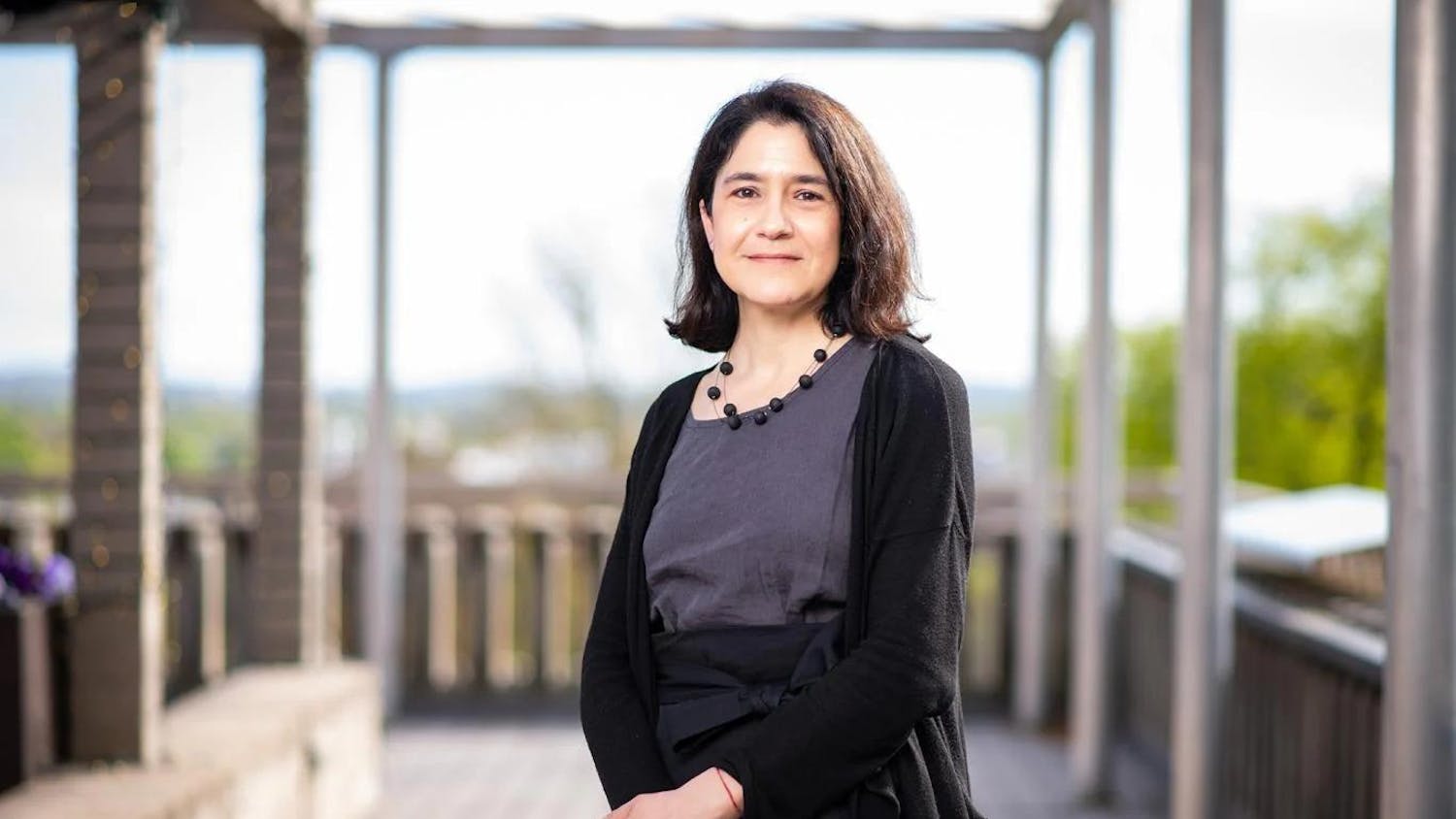With appearances at the top of any teenager's list, the high use of tanning salons by adolescents has recently revived the heated debate among health organizations. The American Academy of Pediatrics (AAP) on Feb. 28 released a policy statement urging the U.S. Food and Drug Administration (FDA) to impose a ban on teenage tanning, citing evidence that directly links tanning beds with an increased risk of skin cancer.
The statement intended to put mounting pressure on the FDA, which is meeting next month to update their policies. The American Academy of Dermatology and American Medical Association have made similar assertions in the past, claiming the FDA needs to impose stricter regulations on the use and sale of tanning beds.
For now, tanning beds are listed as a "Class I" medical device by the FDA, meaning they are subject to minimal regulation and oversight, despite their classification as highly carcinogenic by the World Health Organization.
Most states, including Massachusetts, require parental permission for teenagers to tan, but the AAP's statement asserts that this is not a responsible policy.
Senior Elisabeth Lesser, who is from Massachusetts, started tanning at 16. She and her friends got around the rule about parental permission thanks to the lack of vigilance at a local salon. "They weren't very strict and never checked if we were actually eighteen," Lesser said.
Junior Tiffany Casanova, who has also been a frequent tanner since 16, says regulations didn't stop her from going tanning during her teenage years. "I went before prom and other special events in high school," she said. "I'd go with my mom, who wasn't necessarily the best influence, because she loves to tan also."
But local tanning salons object to the proposed ban, claiming it would hurt their small businesses. An employee of Smart Tan Salon in Davis Square, who requested to remain anonymous, said that teenagers make up roughly half of their business.
"I think if they have permission from their parents, then it's okay," she said. "We have all our customers take a lot of safety precautions before tanning."
Smart Tan Salon stocks its lobby with books and posters lauding the supposed health benefits of tanning, and plays a looping video titled "The Truth About Tanning." The video features advice from women dressed in white lab coats exclaiming, "I tell all my patients — get in the sun!" A voice says gently, "Tanning is safe and natural," while a soothing image of the ocean lapping on a beach at sunset plays in the background.
While most adults don't believe these so−called benefits of tanning, these deceptive practices could be influential over some young teens and their parents.
"Those kinds of claims should be absolutely forbidden," dermatologist and pediatrician Bob Haber said. "It's completely misleading and irresponsible. There are no health benefits to tanning."
Although Casanova has not ceased to use tanning beds, she supports a ban on tanning for teenagers.
"I know it's hypocritical, but I have a little sister who's sixteen, and I don't want her to tan, ever," she said. "Everyone thinks skin cancer is this mythical thing that is never going to happen to them, but that's not true." Still, Casanova said she is reluctant to stop tanning herself although she's aware of the risks she faces. "I know it's bad for you, I'm not dumb," she said. "In the back of my mind, I'm worried, but that doesn't mean I'm going to stop."
According to Haber, who practices in Ohio, 80 to 90 percent of non−melanoma skin cancer is caused by UV exposure.
Yet Haber does not support the ban.
"I don't believe in outlawing behavior," he said. "I believe in educating people and allowing them to make their own decisions. It doesn't make sense to ban tanning beds unless you ban people from going to the beach and from all sun exposure. It's inconsistent to forbid one type of behavior like that."
Lesser also believes the decision should be a personal one.
"I don't think the ban makes sense because I don't think it matters how old you are; tanning is bad for everyone," she said. "Parents should have the right to make that decision for their children."
Lesser decided to stop tanning when she saw news stories about the health risks of tanning. "I finally realized it wasn't worth it to keep doing that kind of damage to myself and my skin," she said.
Haber said he hopes that through education, both parents and their children will make the "smart decision" and choose not to use tanning beds.
--
Correction: This article has been changed from its original version, which inaccurately described how Elisabeth Lesser was able to tan at a local salon underage without parental permission. In fact, the salon did not check its customers' ages.





